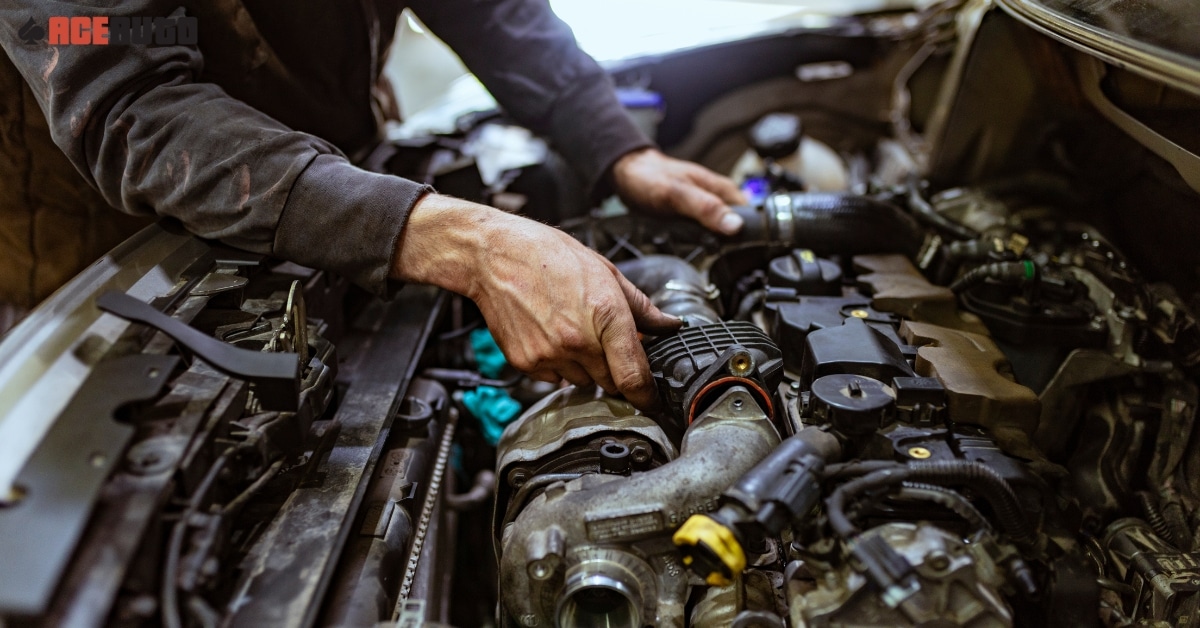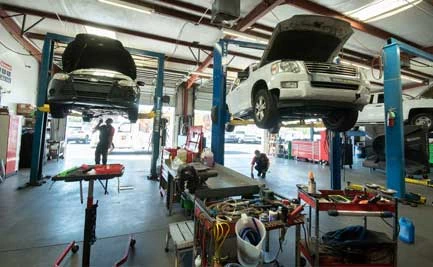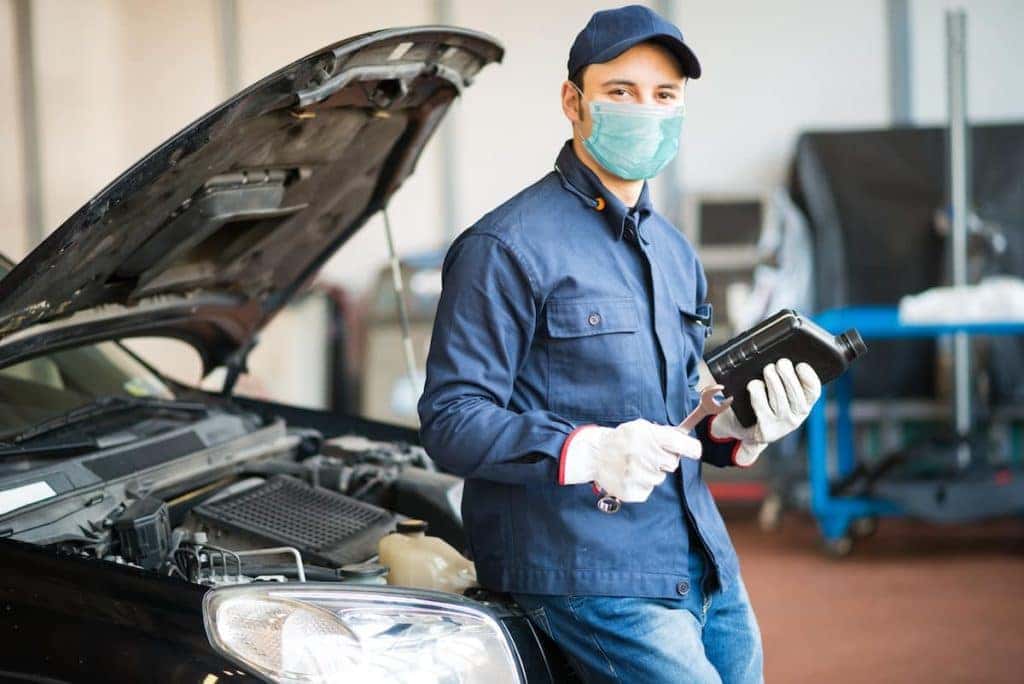All Categories
Featured
Your car is an important part of your every day life, and taking good care of it ensures that it serves you accurately for many years ahead. While modern-day automobiles are designed to be long lasting, ignoring proper maintenance can cause unneeded break downs and expensive repair work. Here's how you can keep your car running longer and in peak problem.
- Stick to Regular Maintenance. The foundation of a long-lasting car is normal maintenance. Follow your producer's advised maintenance schedule, which can normally be found in your auto's owner's manual. Regular tasks like oil adjustments, tire rotations, and brake checks stop wear and tear and keep your automobile performing optimally.
Ignoring oil modifications is among the quickest means to harm your engine. Clean oil makes certain correct lubrication and avoids getting too hot. Relying on your vehicle and driving practices, oil changes are usually needed every 3,000 to 5,000 miles or as specified by the maker.
- Inspect and Renew Liquids. Your cars and truck depends on several fluids to operate smoothly. These consist of engine oil, transmission fluid, coolant, brake liquid, and power steering liquid. Reduced or filthy liquids can lead to engine overheating, slipping gears, and brake failing.
Make it a behavior to check liquid degrees routinely. If you observe a substantial decline in liquid levels, it might suggest a leak that needs immediate attention. Maintaining fluids tidy and at the ideal degrees guarantees your car runs successfully and protects against costly fixings.
- Watch on Your Tires. Tire maintenance is crucial for both security and performance. Improperly inflated tires can lower fuel performance, trigger unequal wear, and enhance the risk of blowouts. Examine your tire stress month-to-month and ensure it matches the manufacturer's suggestions.
Rotating your tires every 5,000 to 7,500 miles advertises also use and expands their life-span. Furthermore, examine your tires for any type of indicators of damages, such as cuts, protrudes, or low walk depth, and replace them when essential.
- Change Worn Components on Time. Disregarding damaged parts can cause bigger issues in the future. For instance, failing to change a used timing belt can cause engine failing. Used brake pads can harm rotors, leading to pricey repair work.
Be positive regarding replacing components such as trigger plugs, filters, and belts based on the supplier's guidelines. Utilizing high-quality substitute parts ensures much better performance and longevity.
- Exercise Gentle Driving. The method you drive substantially influences the lifespan of your vehicle. Hostile driving practices, such as fast acceleration, abrupt braking, and hard cornering, put added tension on the engine, brakes, and tires.
Rather, take on smooth driving methods. Accelerate progressively, keep a constant rate, and brake carefully whenever feasible. This minimizes deterioration on your auto's parts and boosts fuel performance.

- Secure Your Car's Outside. Keeping your automobile clean isn't almost looks-- it has to do with stopping damages. Dust, roadway salt, and gunk can trigger corrosion and rust, particularly in the undercarriage. Regular washing, especially during wintertime or after driving on salty roads, is crucial.
Waxing your cars and truck every couple of months supplies a safety layer against ecological damage. Additionally, park your vehicle in a garage or use a vehicle cover to protect it from severe climate and UV rays, which can discolor the paint and damages the inside.
- Do Not Ignore Indication. Control panel warning lights are your automobile's method of telling you something needs attention. Whether it's the check engine light, low oil stress, or tire pressure caution, addressing these notifies quickly can prevent small concerns from ending up being significant fixings.
If you discover uncommon sounds, vibrations, or changes in your vehicle's efficiency, don't ignore them. A professional auto mechanic can detect and fix the trouble before it rises.
- Store Your Cars And Truck Correctly. If you're not utilizing your vehicle for an extended duration, correct storage space is key. Maintain your vehicle in a great, dry area to protect it from weather damages. Utilize a battery tender to preserve the battery cost and include a gas stabilizer to stop the gas from weakening.

Beginning the vehicle periodically or taking it for a brief drive can keep all systems in functioning order and stop parts from seizing up.
Conclusion: Uniformity Is Secret. Keeping your vehicle running longer does not call for challenging steps-- simply consistency and focus to information. Treat your car with treatment, and it will certainly reward you with integrity, much better efficiency, and years of reliable service.
Latest Posts
Exactly How to Expand the Life of Your Vinyl Fencing?
Premier Eye Center South - Vision Care Clinic: Top Eye Care Services in Dothan.
Add Convenience and Personality to Your Home with Location Rugs
More
Latest Posts
Exactly How to Expand the Life of Your Vinyl Fencing?
Premier Eye Center South - Vision Care Clinic: Top Eye Care Services in Dothan.
Add Convenience and Personality to Your Home with Location Rugs
